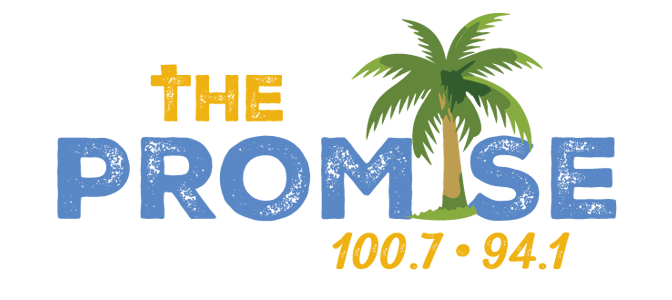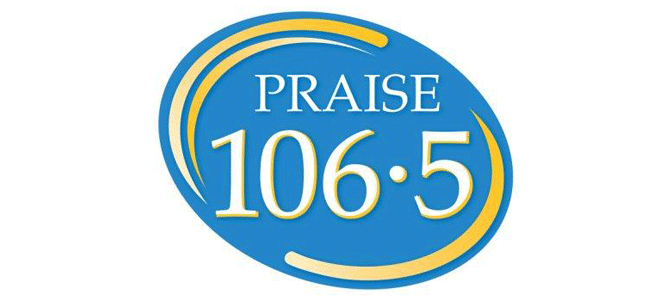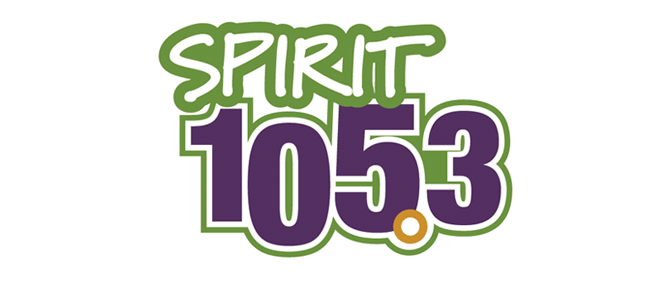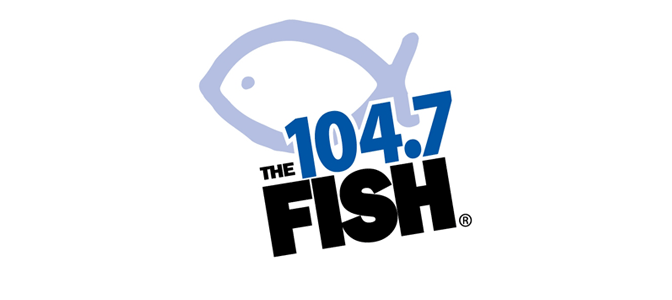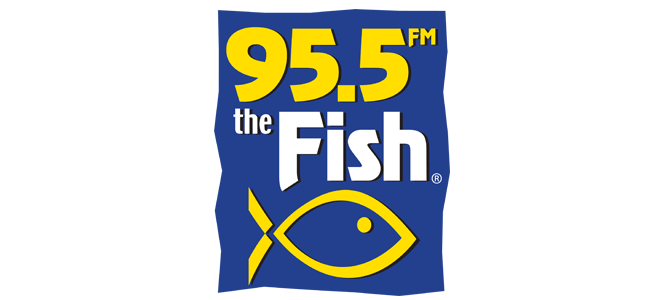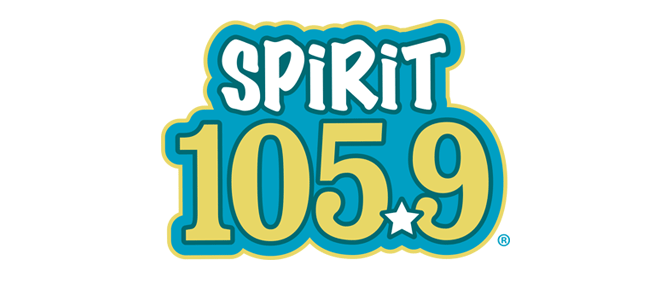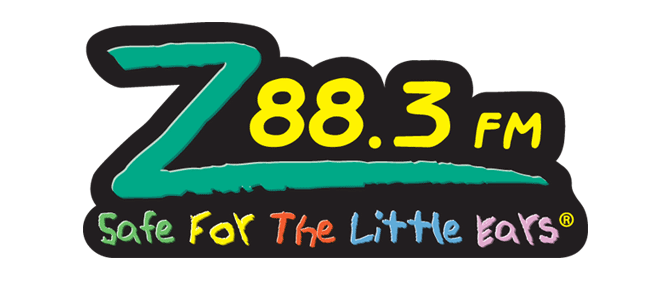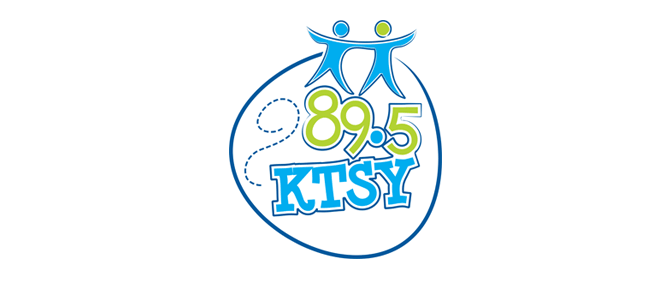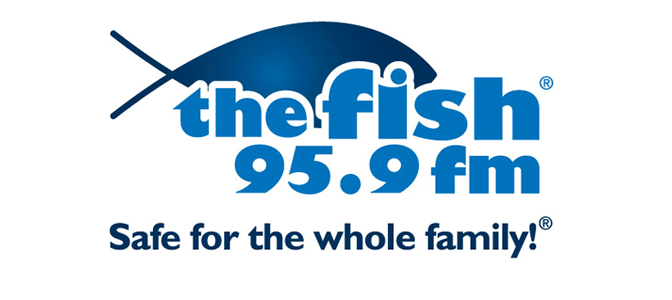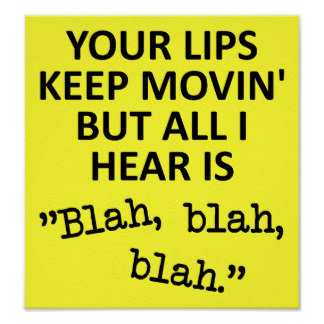“I prefer to live in my own little bubble of my own reality.”
~Lauren Lee Smith

I’m sitting on the balcony of my room at the Opryland Hotel in Nashville, catching up on some work. The weather is beautiful, but then again it’s always beautiful because of the glass dome covering the entire hotel. It’s sunny outside now, but it could become cloudy or even rain and I wouldn’t know it. While I’m here I’m living in a bubble where everything is always perfect.
It’s the same way we want to think about radio. We’re living in a bubble where radio will always be as strong as it is, disruption will hit everything else but leave radio alone, and Millennials will soon grow up and become responsible…and then start listening more to radio. The primary purpose of social media is to support radio, and streaming is only meant for the station signal.
Baby boomers will never grow old and retire or die, and will have more than enough money to donate, even when they are on social security. Millennials will suddenly be inspired to write a monthly check to support nonprofit radio stations.
Well, the problem with being in a bubble is that you wind up leaving it sooner or later. I’ll get on an airplane, fly back to California, and be deposited in another world without the bubble. There will be sunshine, but there will also be storms and rain. There will be fires in the surrounding counties and the same people will be waiting for San Francisco to slide into the bay so they’ll have beachfront property.
Radio will continue with an extraordinarily strong reach, but clear trending down in time spent listening. Millennials will continue to contribute up to 18 hours a day to media, but the majority to Social Media that isn’t in support of radio. Cars will continue to have dashboards that evolve in such a way to cause it harder to find the radio. Radio IS being disrupted and will continue to be.
This isn’t a downer, unless you want to continue to convince yourself you live in a bubble that doesn’t exist. This is a call to a new reality that we need to address and strategize about. Our efforts have to cover a spectrum of media, and be based in engagement, community and relationship.


